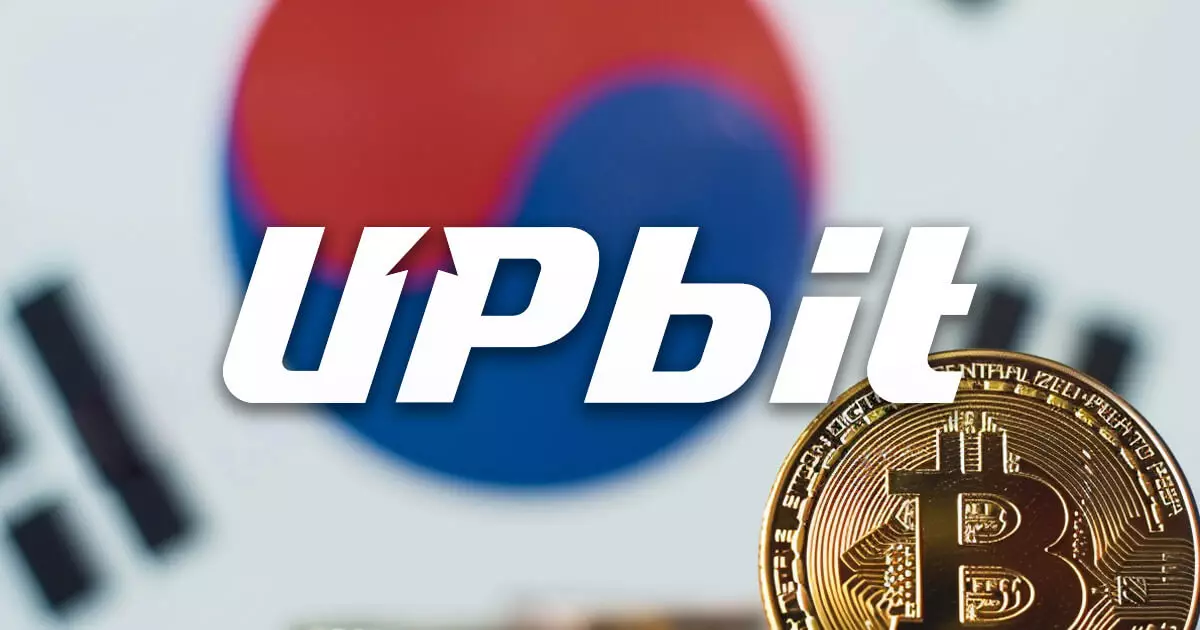The South Korean Financial Services Commission (FSC) has initiated an investigation into Upbit, the country’s largest cryptocurrency exchange, reflecting growing concerns regarding its overwhelming market presence and implications for financial stability. This scrutiny, reported on October 10, was prompted by assertions from lawmaker Lee Kang-il, who expressed worries over the intricate relationship between Upbit and K Bank, South Korea’s pioneer internet-only bank. This scrutiny arrives at a critical time as K Bank gears up for an Initial Public Offering (IPO), which, if successful, would rank among the largest offerings set for 2024.
Connections Between Upbit and K Bank
The investigation highlights the significant financial overlap between Upbit and K Bank, prompting discussions about potential risks to depositor confidence. It has been revealed that K Bank holds approximately 4 trillion won from Upbit deposits, amounting to nearly 20% of its total deposits, which are reported to be around 22 trillion won. The concern is that any instability within Upbit could precipitate a panic among depositors at K Bank, leading to a possible bank run — a scenario that would threaten the bank’s stability and undercut market confidence.
Concerns Over High Interest Rates
Additionally, Lee Kang-il has taken K Bank to task over its offering of high interest rates on deposits sourced from Upbit customers, publicly questioning the sustainability of a 2.1% rate in light of the bank’s thin profit margins. This situation raises critical questions about K Bank’s risk management practices and its ability to maintain financial health while luring customers with competitive returns. Such high rates, while attracting deposits, could pose existential challenges for the bank if the underlying economic conditions were to shift or if its operational partner, Upbit, were compromised.
In response to these mounting concerns, the FSC has promised a thorough examination not only of Upbit’s dominant position but also the relationship and operational synergy existing between Upbit, K Bank, and the recently involved BC Card, which focuses on payment processing. The establishment of a cooperative digital financial services model, aided by a memorandum of understanding between these entities, presents opportunities for innovation in South Korea’s financial sector but also amplifies concerns about regulatory compliance and market fairness.
The implications of this investigation could be far-reaching, as Upbit plays a pivotal role not just in South Korea but across the broader Asian cryptocurrency landscape. Its influence on market dynamics underscores the need for cautious regulatory oversight, particularly as the traditional banking sector grapples with the rapid digitization of financial services. The collaboration between these enterprises exemplifies how the lines between finance and technology continue to blur, creating an urgent need to rethink regulatory frameworks that govern these intersections.
The ongoing investigation into Upbit and K Bank serves as a crucial juncture in determining the future of digital assets in South Korea. The outcomes could redefine the operational landscape for cryptocurrency exchanges and online banking, thereby influencing regulatory directions and market stability in the coming years.



















Leave a Reply